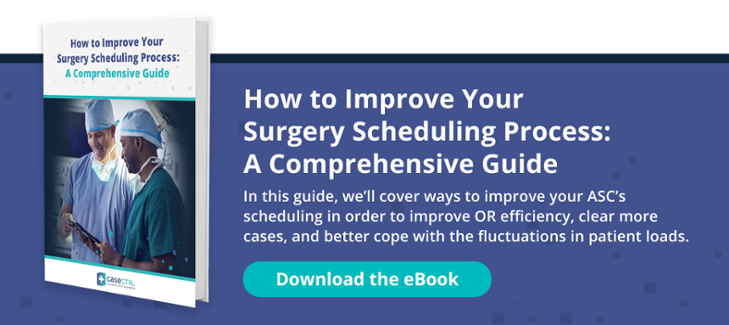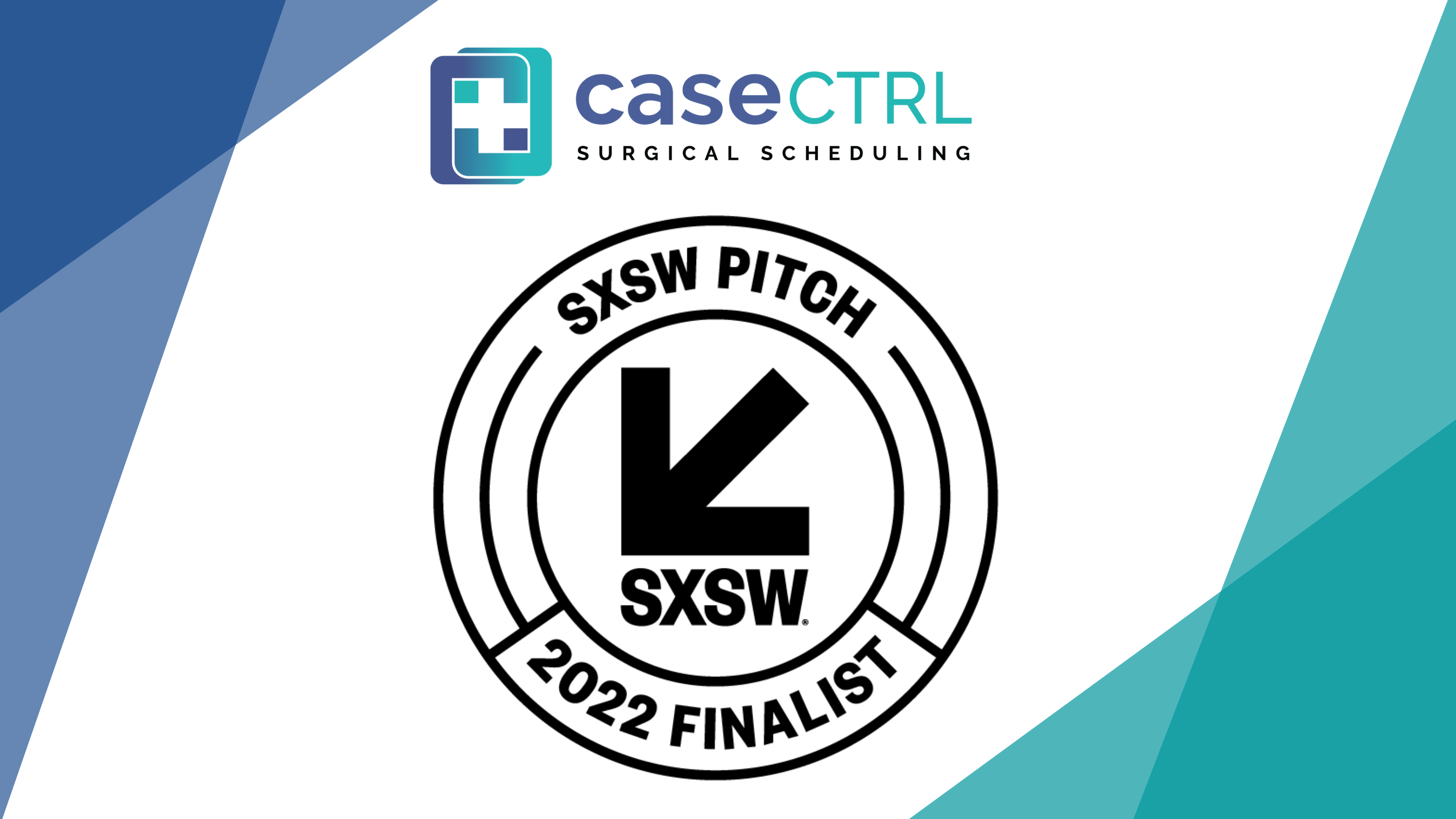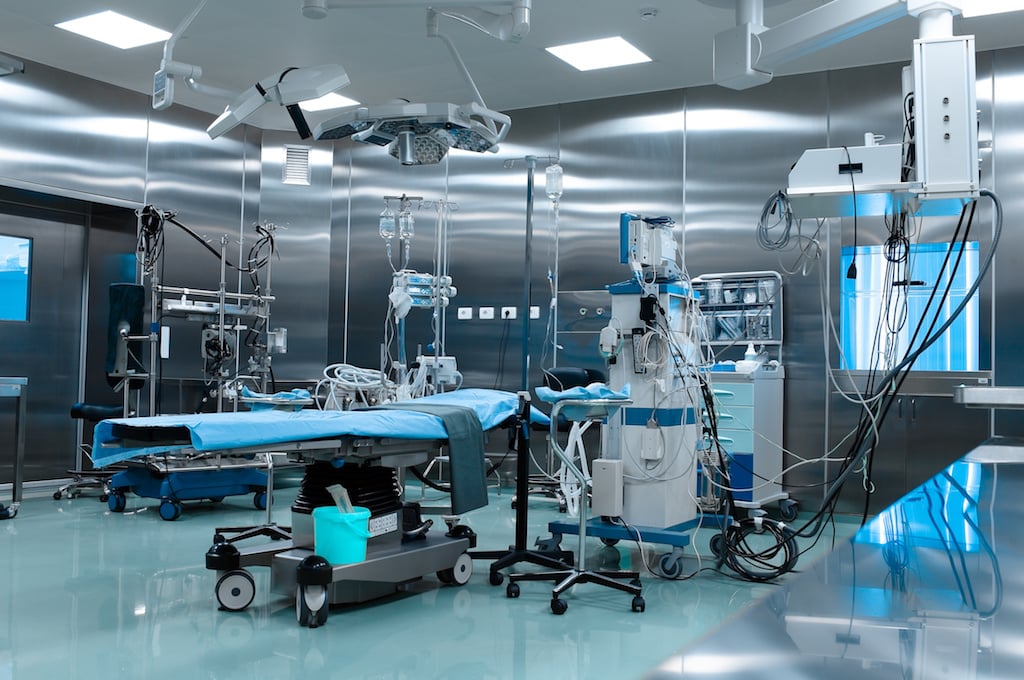At first glance, surgical preference cards may seem to simply supply a list of preferences for instruments for a surgical procedure. But with a closer look, you find that the preference cards serve as a valuable blueprint for surgical workflows and logistics. Surgical preference cards can be considered checkpoints between surgical inventory on one end, and the specific needs of surgeons or procedures on the other. For more content on strategies that improve the efficiency of ASC and practice operations, download our eBook.
When used and maintained properly, the cards encompass all the surgical needs of the procedure, providing a logical set of instructions for positioning, as well as what supplies, instruments, and equipment are required for a specific procedure by a specific physician. They are used to ensure that the right supplies are available when needed so that the medical personnel can prioritize patient care rather than the search for the right supplies, and, ultimately, eliminate waste while optimizing supply expenditures. The information on the preference cards helps with determining which operating room should be used.
Avoid Disappointing Outcomes Caused by Poor Preference Card Management
They play an essential part in achieving a more seamless surgery and enabling better documentation. The enhanced documentation leads directly to improved billing accuracy after the surgery. This date is invaluable for keeping track of expenses and patient charges
A shift from written to electronic preference cards followed not long after the development of the electronic health records. However, maintaining the cards and ensuring that their utilization is fully optimized can still be time-consuming and expensive. Fail in this, and you have outdated or inaccurate preference cards that misrepresent the current needs of the surgeon and the resources available through the hospital. Such cards correlate to poor communication and an increased risk of errors in the operating room. Instead of being advantageous for the operating room, they become liabilities.
Outdated or inaccurate preference cards cause operating room door openings during a procedure because someone has to leave the operating room during a surgery to obtain the missing supplies/item. This interruption leads to a delay in the procedure, which leads to lost revenue for the surgeon and the hospital as well as an increased risk of infection to the patient.
Outdated preference cards can also result in the waste of incorrectly pulled equipment and supplies. This is concerning as high-cost physician preference items are included in the disposable or implantable items used in the operating room that make up 30 percent to 40 percent of a hospital's supply expenses. In fact, they make up the largest percentage of inventory spend.
A Modern Solution for Surgical Preference Cards
A modern surgical case management platform can empower all stakeholders of the operating room, including the surgeons, schedulers, and hospital administration. Look for a platform that integrates input from all the relevant stakeholders. You do not want the preference card to deteriorate into a laundry list of all surgical supplies the surgeon has ever asked for. An effective platform will learn the surgeon’s preferences for each case type and variation and empower the team to understand when and what the surgeon may utilize for each individual case.
Preference cards should contain concise procedural instructions that, when combined with an accurate record of necessary supplies and equipment, prevent unnecessary delays and procedure disruptions. Using CaseCRTL allows you to transform your current preference card system from liability in the operating room to a valuable asset that dynamically responds to specific case needs for optimal performance and outcomes on the day of surgery.
Streamline the Surgery Scheduling Process
The ideal surgery scheduling situation is one in which the need for operating rooms and resources are in alignment and can be properly planned. To do so requires that all of the necessary parties are kept informed and are readily available to address the needs of the patient and surgeon in real-time.
However, more often than not, some departments still rely on inefficient, outdated procedures and tools to arrange and schedule surgery cases. Let’s take a quick look behind the scenes of the logistics of a surgery schedule. For the typical scheduling of a surgery, the surgeon will specify to the scheduler what items are needed. The scheduler will then communicate with the parties necessary to medically clear the patient, including anesthesiologists and the insurance company. The scheduler is also responsible for detailing any potential difficulties and evaluations prior to surgery.
CaseCRTL facilitates the easy transfer of surgeon knowledge so that a case can be scheduled by any appropriate party. The preference card can be updated regularly and tailored to the needs of each surgeon. Scheduling time is reduced from one hour to no more than a few minutes. The scheduler is not overly burdened with the details of the scheduling and is able to spend more time interacting with the patient. By revamping the surgery scheduling process from an inefficient and costly endeavor to a structured and easily manageable process, you ensure all of the pieces are in place for a successful surgery.
How CaseCTRL Technology Can Help to Ensure Surgery Scheduling Accuracy
The accuracy of your surgical preference card is important, not only to ensure that procedures can be executed smoothly and efficiently, but also that the right supplies are chosen. Accurate preference cards can decrease costs, reduce cancelled surgeries, and improve surgical workflows. While maintaining the cards can be time-consuming and complex, the consequences of having outdated and inaccurate cards are too high.
CaseCTRL’s technology uses a HIPAA-compliant Intelligent Repository to store case preferences for each individual surgeon, taking away any guesswork of the surgeon’s preferences and ensuring that the information is circulated among the appropriate parties. The artificially intelligent system manages the surgeons preferences and evolves as the surgeon interacts with the system. CaseCTRL makes it effortless for the surgeon to remain the custodian of this information, ensuring its accuracy. Because the communication is digitally based, updating information for a specific case delivers the relevant information for the preference card, and the surgeon’s preferences remain current from case to case.
CaseCTRL is a modern surgical case management platform tailored to surgeons that allows them to efficiently manage the surgical case pipeline. To understand exactly how CaseCTRL can work for you and your ambulatory surgery center, contact us today.







































